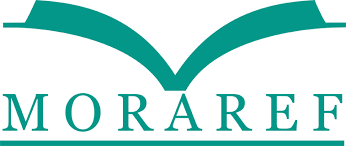POLA ETIKA MASYARAKAT KECAMATAN SUPPA DALAM MEMBANGUN MASYARAKAT ISLAM
DOI:
https://doi.org/10.58194/jdmd.v3i2.792Keywords:
Ethics; Behavior; Culture; SocietyAbstract
Ethics are rules, norms, rules, or procedures that are used as guidelines or individual principles in behavior and actions. The implementation of these norms is closely related to the good and bad character of individuals in society. As is well known, morality involves judgments about good and bad behavior, polite or impolite, and one's actions. Ethics is responsible for finding the right standards of behavior and understanding the norms, values and etiquette that prevail in society. The research method that we use is a qualitative method. This qualitative method explains that this method focuses on people and social relations to better understand the events that occur. The Ethical Pattern of the Suppa District Community in Building an Islamic Society, namely the spirit of tabe cultural attitudes fosters a sense of familiarity even though they have never met or do not know each other. The tabe culture of the Bugis tribe is a locality value of the Bugis tribe and a high noble value so it needs to be preserved. Collaboration that shows awareness that one's success in life depends on others and always instills tabe culture (excuse me), as well as siri` (shame) culture to other societies. Because this has become a habitual culture of the community itself and is included in the ethical elements that are important in implementing it every day. The Suppa people also highly uphold ethics in behavior both in terms of speaking and acting.
















